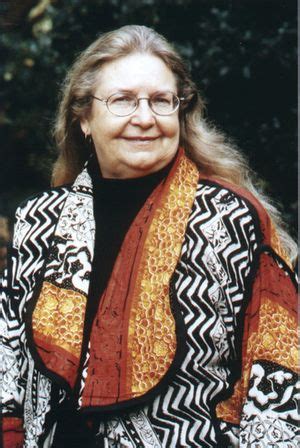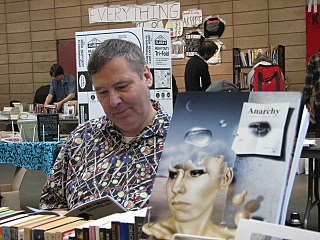A Quote by Lewis Mumford
A society that gives to one class all the opportunities for leisure, and to another all the burdens of work, dooms both classes to spiritual sterility.
Related Quotes
Work is a blessing. God has so arranged the world that work is necessary, and He gives us hands and strength to do it. The enjoyment of leisure would be nothing if we had only leisure. It is the joy of work well done that enables us to enjoy rest, just as it is the experiences of hunger and thirst that make food and drink such pleasures.
Society of leisure perhaps? Indeed, the most remarkable aspect of the transition we are living through is not so much the passage from want to affluence as the passage from labour to leisure. Leisure contains the future, it is the new horizon. The prospect then is one of unremitting labor to bequeath to future generations a chance of founding a society of leisure that will overcome the demands and compulsions of productive labor so that time may be devoted to creative activities or simply to pleasure and happiness.
The State did not originate in any form of social agreement, or with any disinterested view of promoting order and justice. Far otherwise. The State originated in conquest and confiscation, as a device for maintaining the stratification of society permanently into two classes-an owning and exploiting class, relatively small, and a propertyless dependent class. . . . No State known to history originated in any other manner, or for any other purpose than to enable the continuous economic exploitation of one class by another.
Material objects give rise to physical happiness, while spiritual development gives rise to mental happiness. Since we experience both physical and mental happiness, we need both material and spiritual development. This is why, for our own good and that of society we need to balance material progress with inner development.
The untalented are more at ease in a society that gives them valid alibis for not achieving than in one where opportunities are abundant. In an affluent society, the alienated who clamor for power are largely untalented people who cannot make use of the unprecedented opportunities for self-realization, and cannot escape the confrontation with an ineffectual self.
What I did that was new was to prove that the existence of classes is only bound up with particular, historical phases in the development of production; that the class struggle necessarily leads to the dictatorship of the proletariat; and that dictatorship itself only constitutes the transition to the abolition of all classes and to a classless society.






































